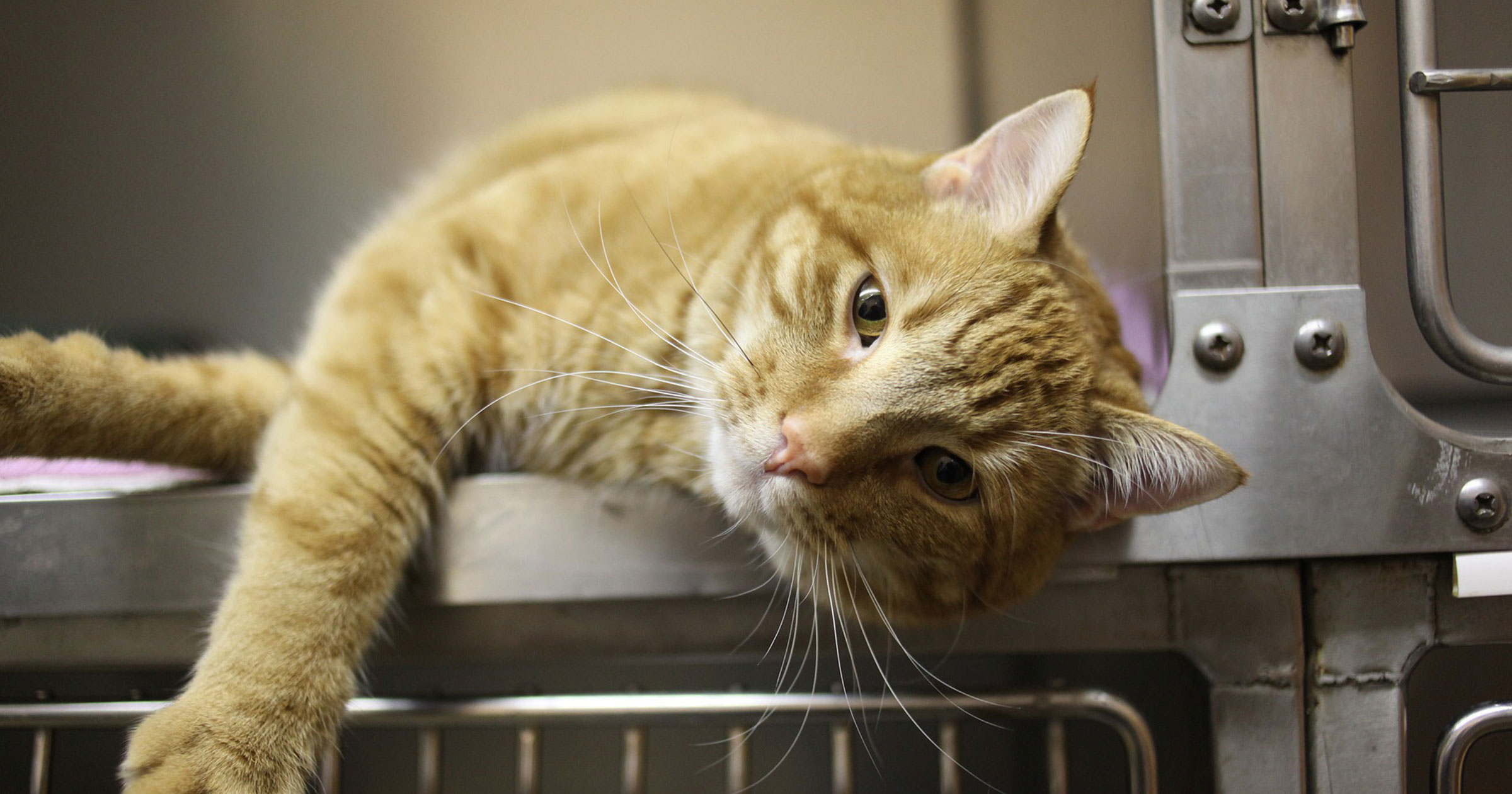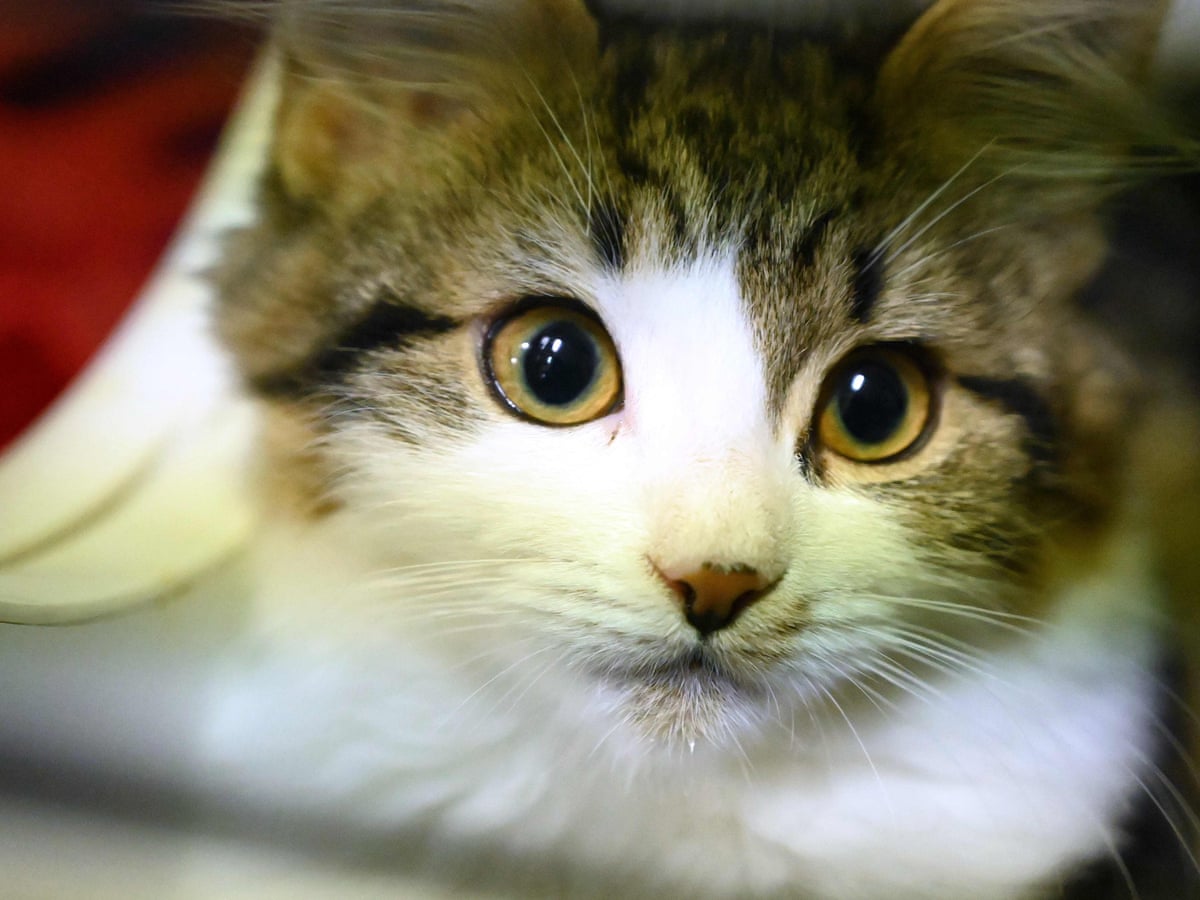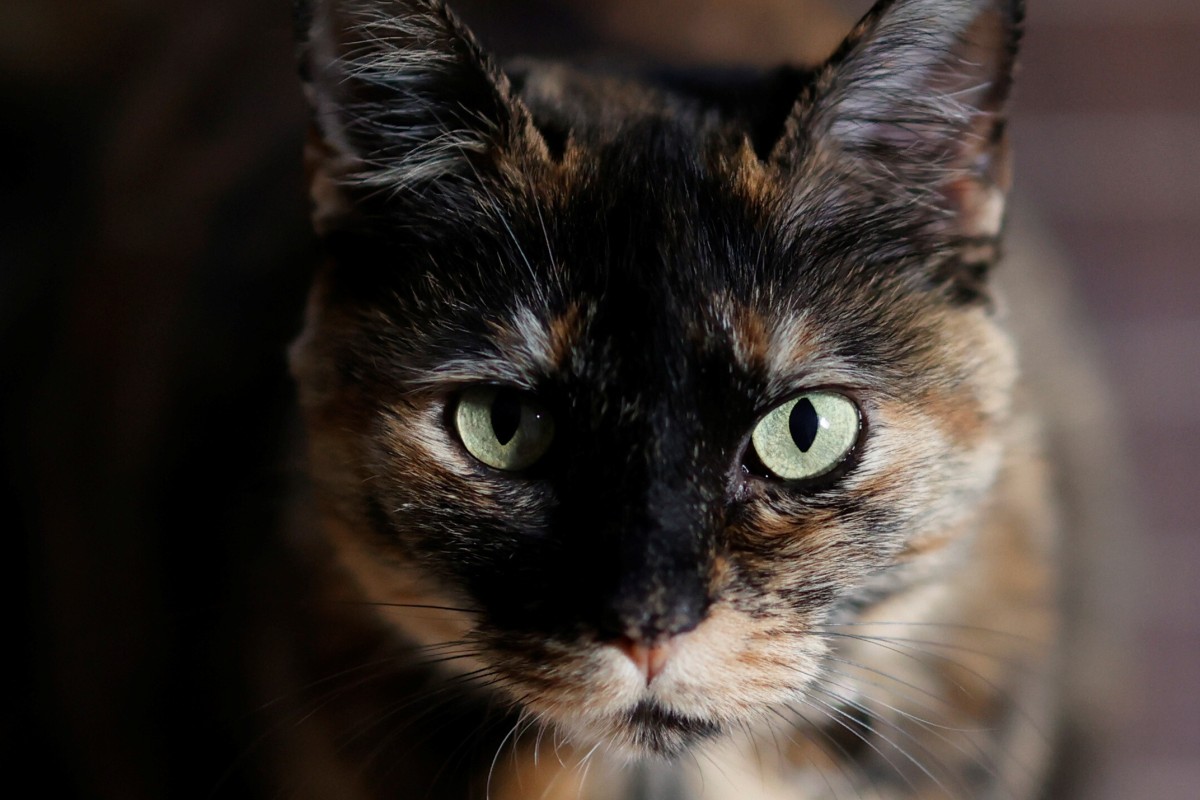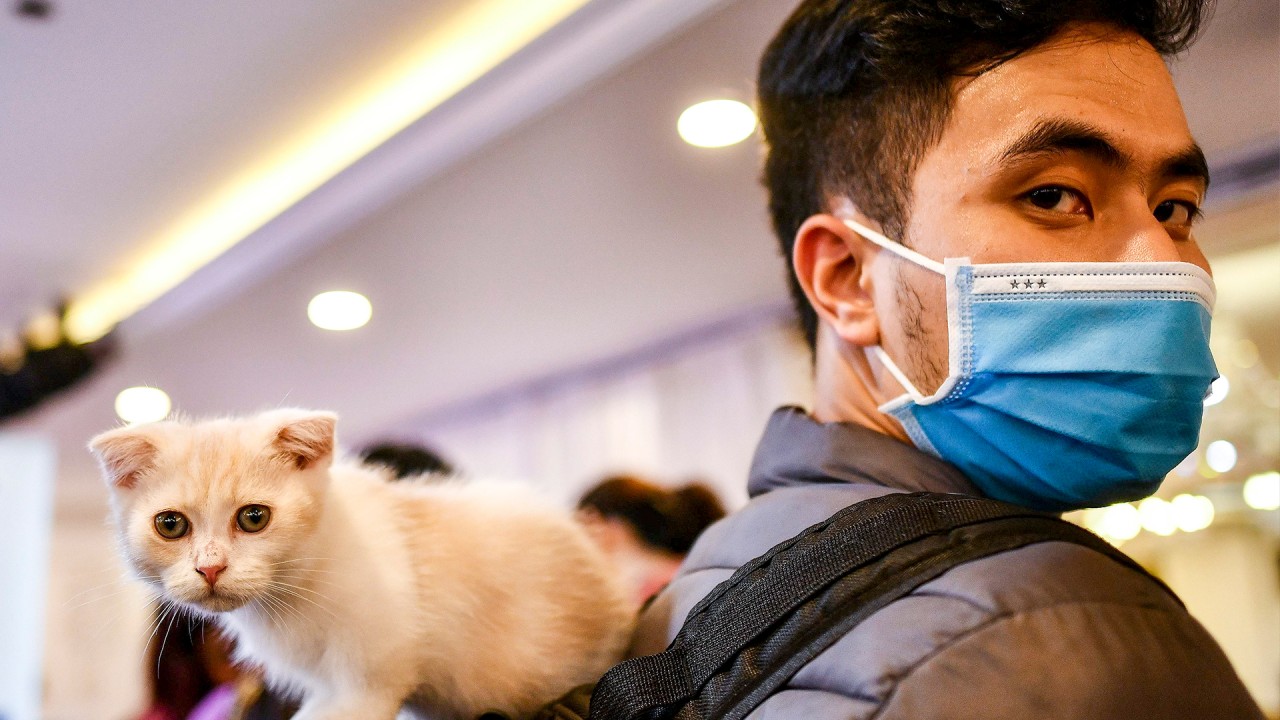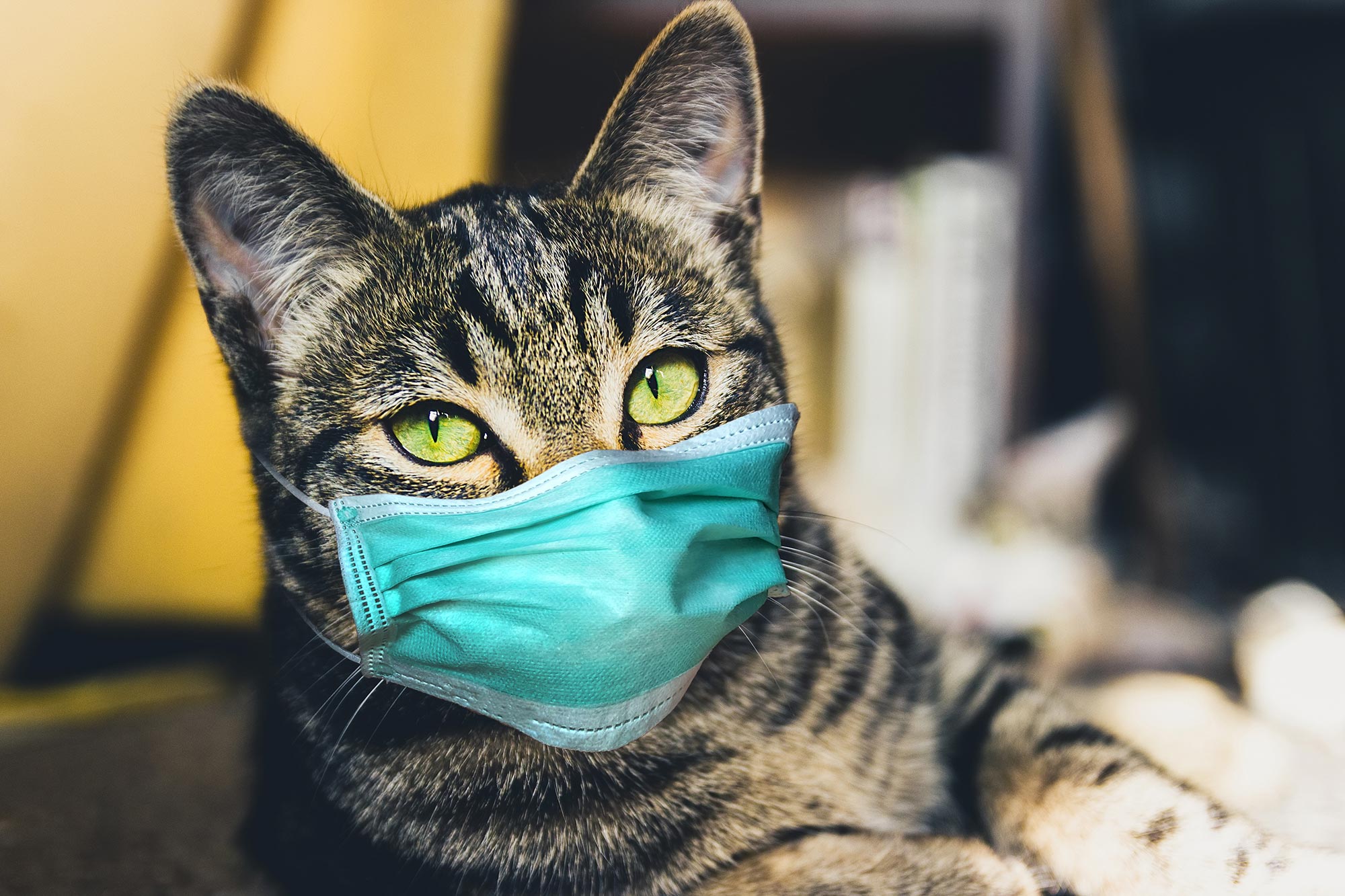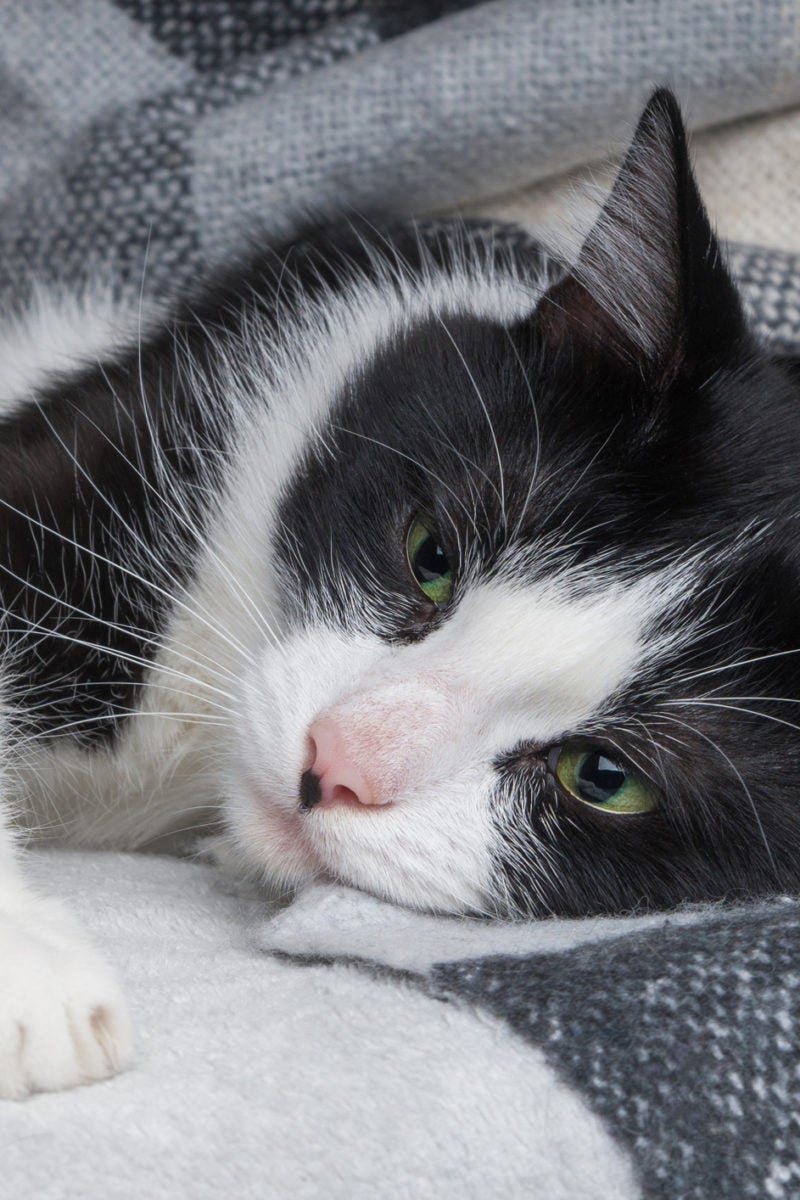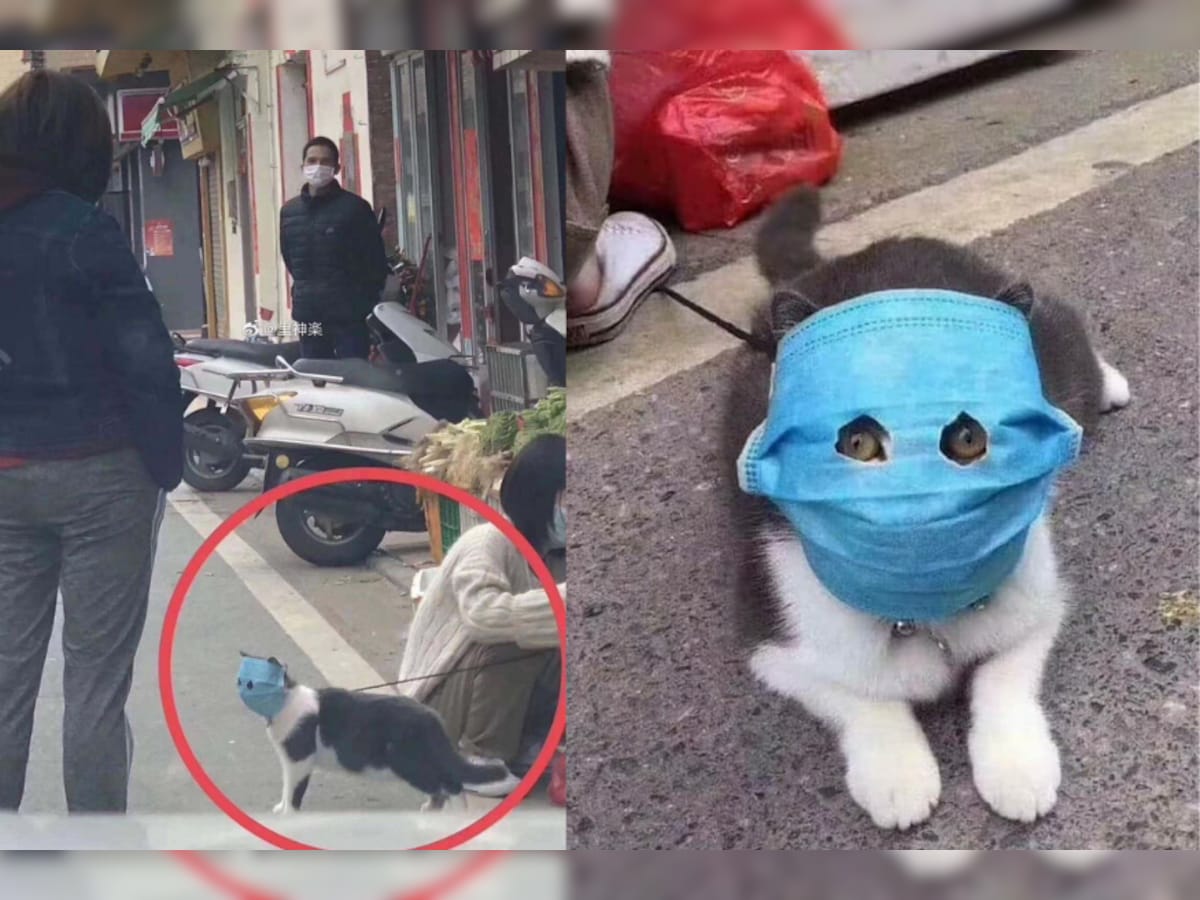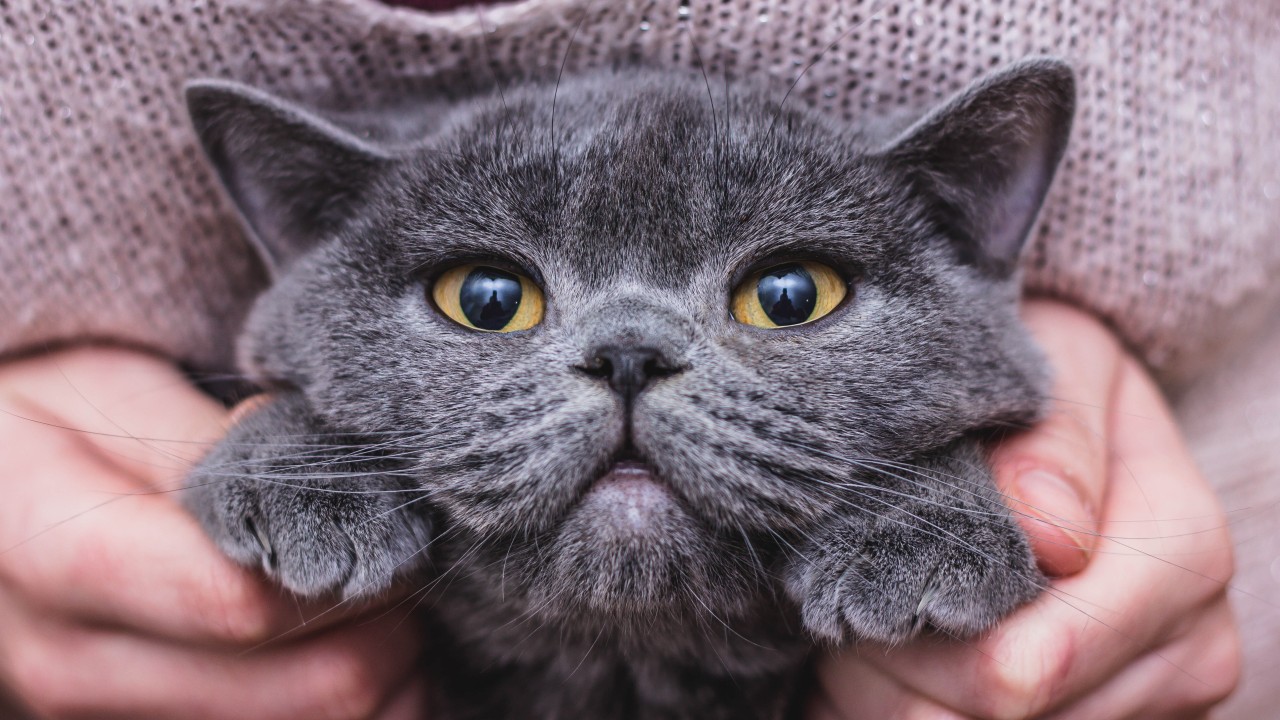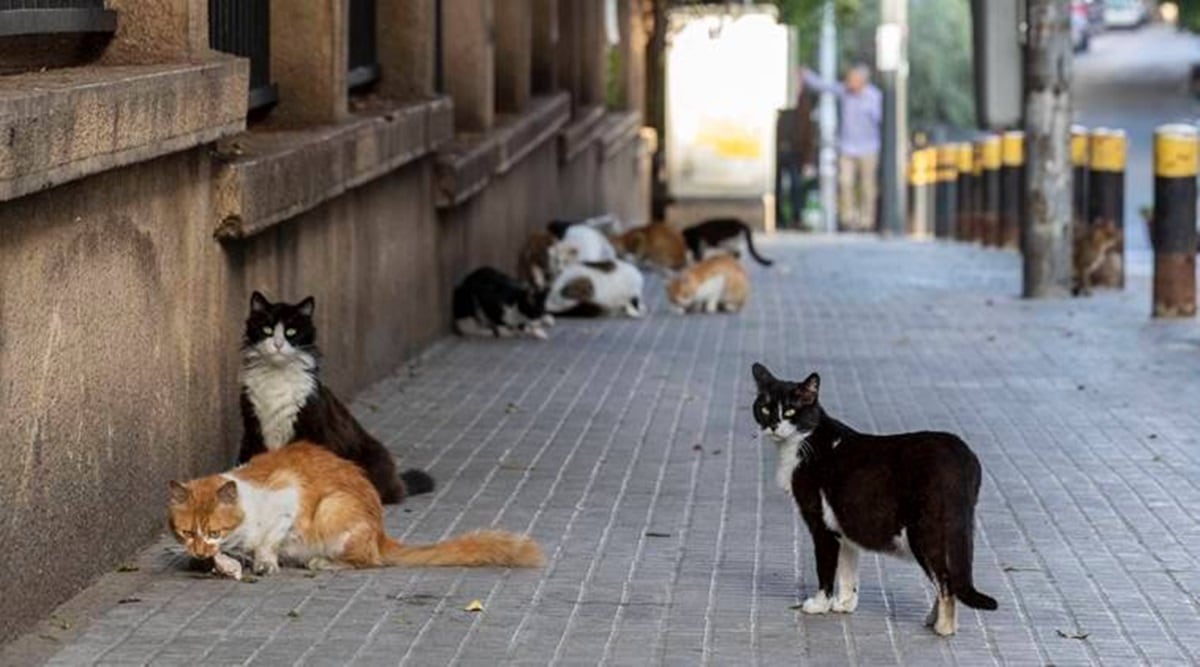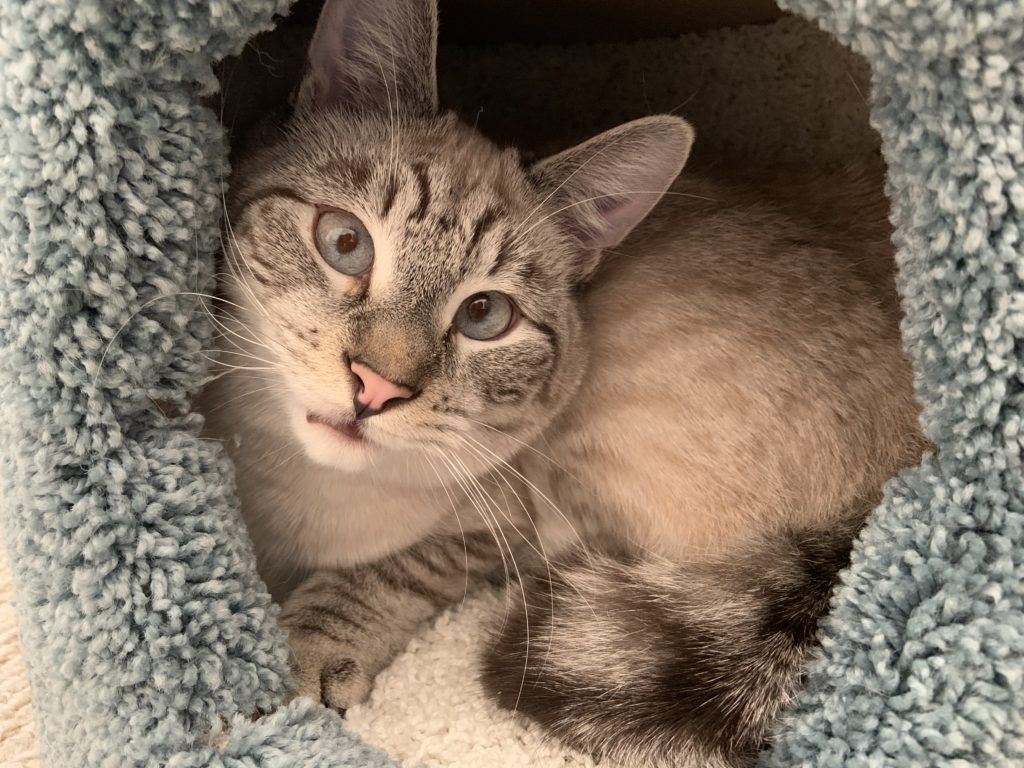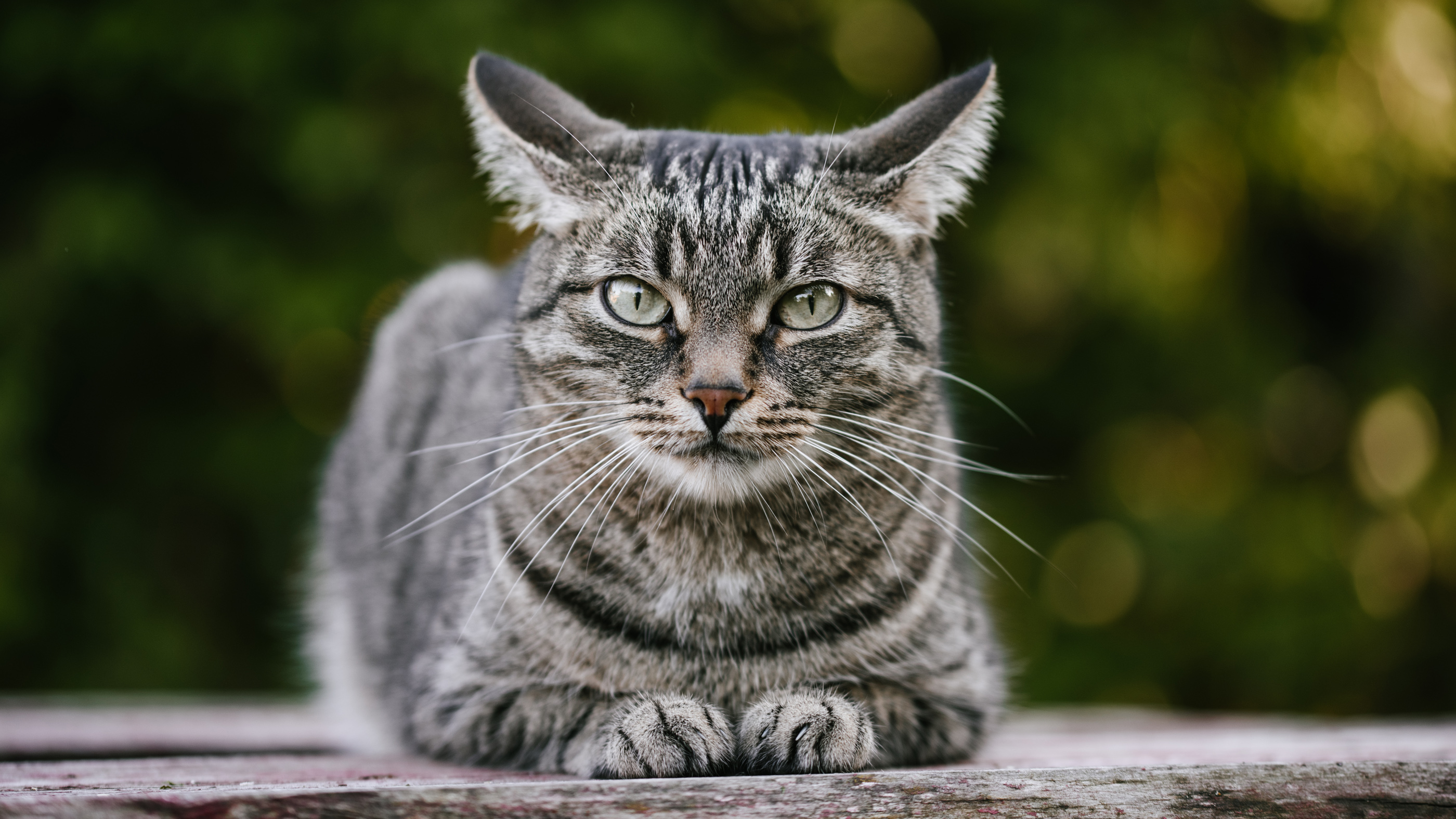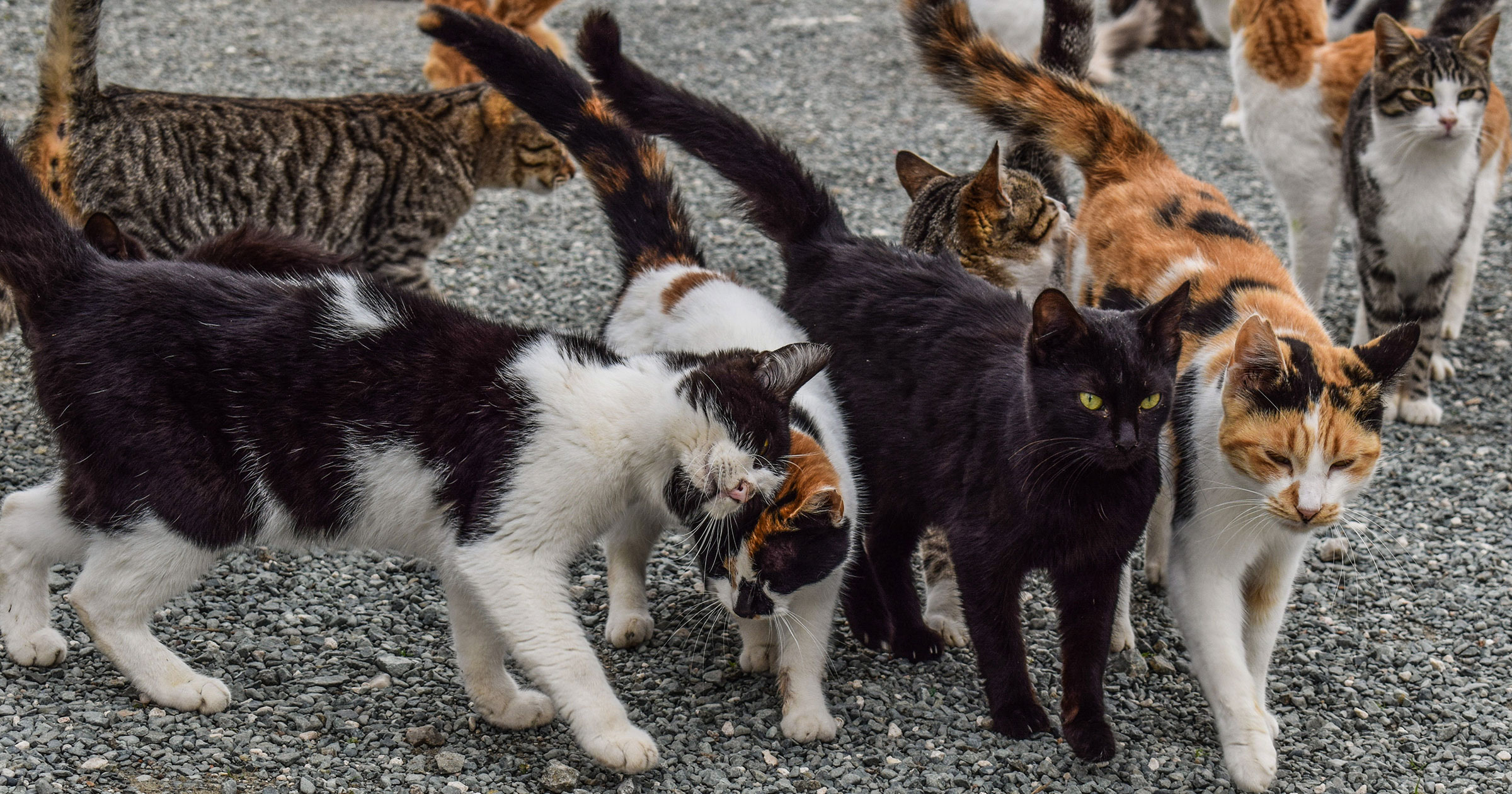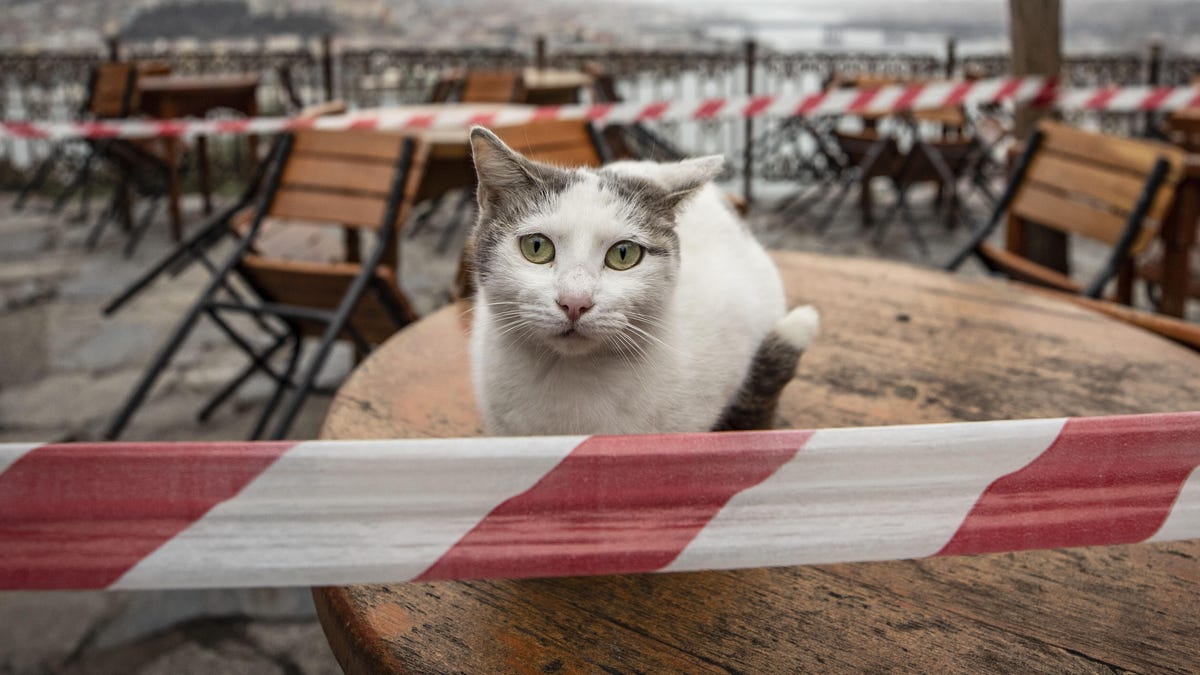Coronavirus In Cats Symptoms
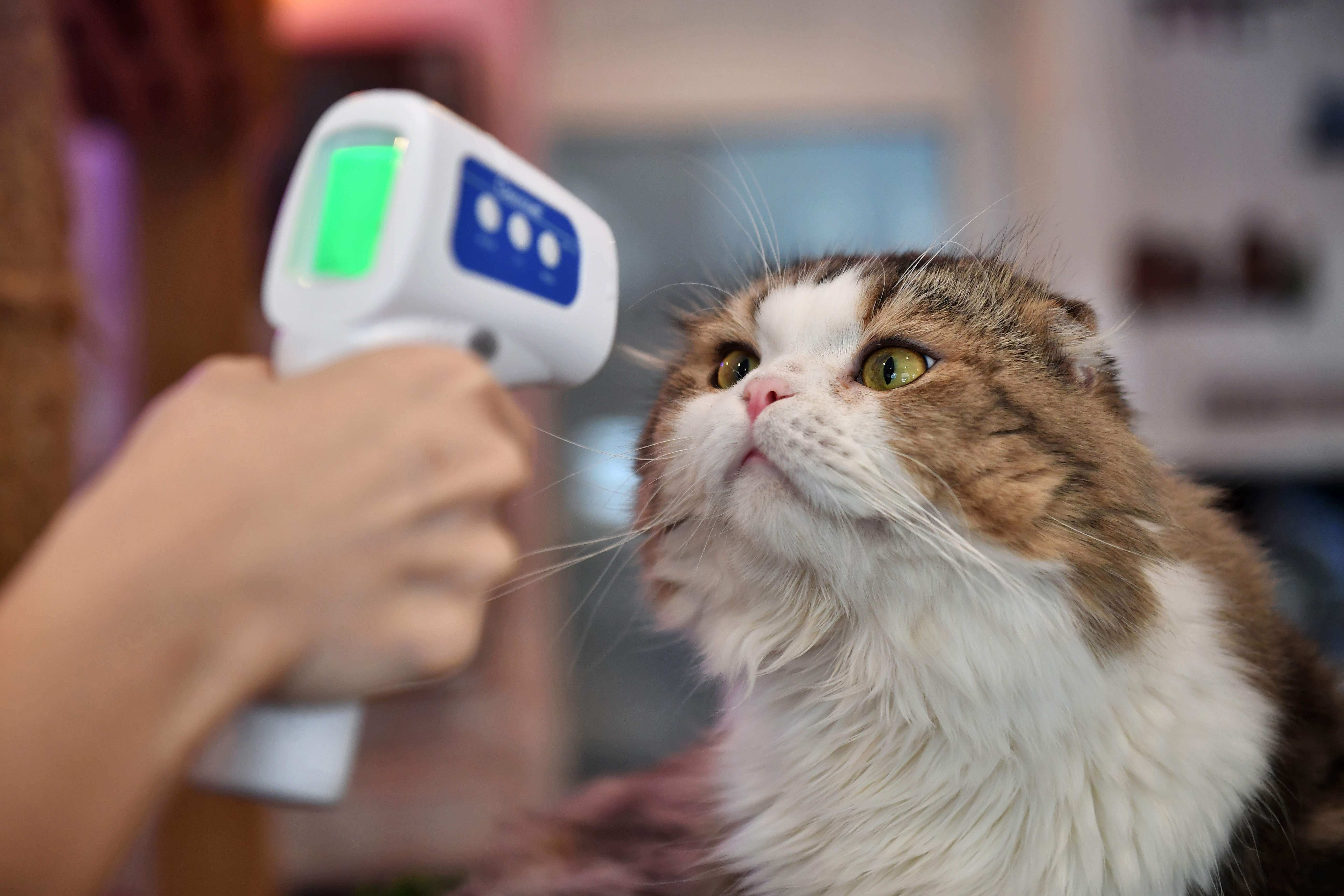
This infection can affect the brain liver kidneys lungs and skin.
Coronavirus in cats symptoms. Because cats mask their clinical signs until they are severe it may appear that the clinical symptoms develop quickly. The amount of time dogs and owners spent together and the type of contact they had didnt change the dogs odds of infection. As yet poorly understood changes in the virus can give rise to mutants that lead to the development of feline infectious peritonitis FIP.
Symptoms of feline herpes includes sneezing attacks discharge from the nose and eyes conjunctivitis or pink eye lesions in and around the eyes ulcers and congestion. Eight cats and dogs that lived in the same homes as the pets that tested positive for. The first signs of illness following infection from the feline infectious peritonitis virus can show after just a few days or only several months later.
Thirteen owned cats 27 had symptoms most commonly a runny nose and difficulty breathing. The cat with coronavirus had symptoms of feline herpes Professor Weir told LBCs Tom Swarbrick. If your pet shows any signs of illness such as coughing sneezing or lethargy call or text your veterinarian to arrange treatment.
They can also show symptoms of COVID-19 and might be able to pass it to other cats. Coronavirus infection in cats. Were infected with COVID-19.
The cat experienced breathing difficulties and nasal discharge stock image. Fortunately most of the small number of animals that have tested positive for Covid-19 have either not had symptoms or only suffered very mild symptoms such as. Cat aficionados are most familiar with the ubiquitous feline coronavirus FCoV which is shed in the feces of infected cats and usually causes relatively benign self-limiting gastrointestinal problems in infected cats.
If they do develop signs then we usually see mild self-limiting diarrhoea due to some damage to the small intestinal cells. If youve been diagnosed with are suspected of having or are displaying characteristic symptoms of coronavirus COVID-19 it is advisable to minimise the amount of time your cat spends outdoors unsupervised. A new study says that domestic cats can be asymptomatic carriers of COVID-19 virus but pigs are unlikely to be significant carriers of the virus.
